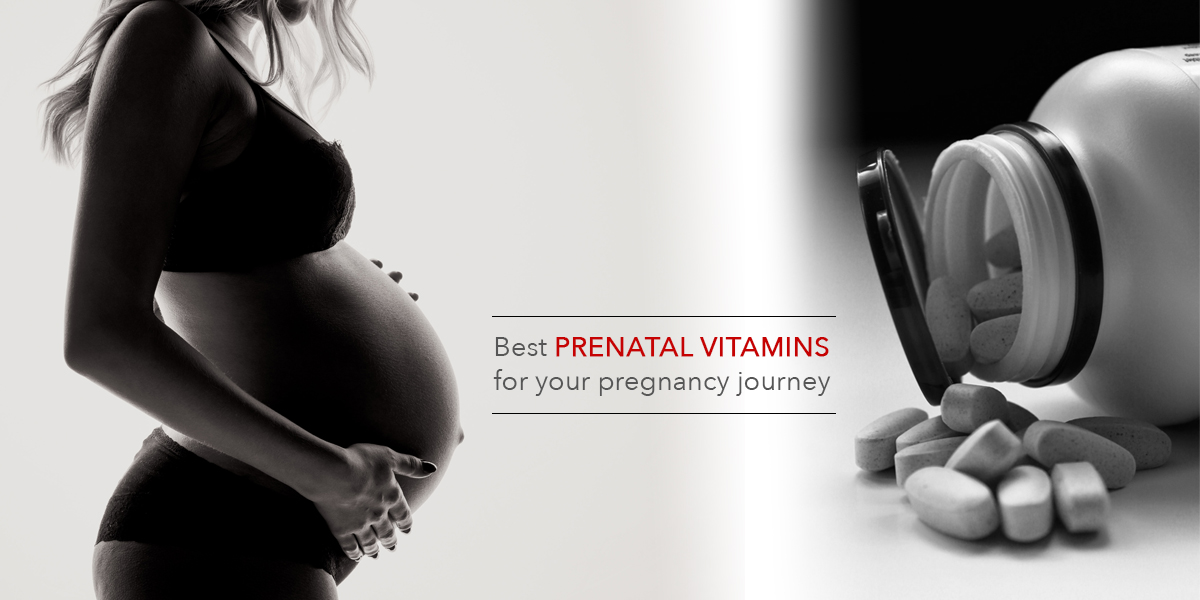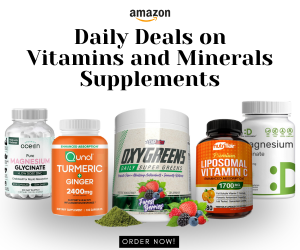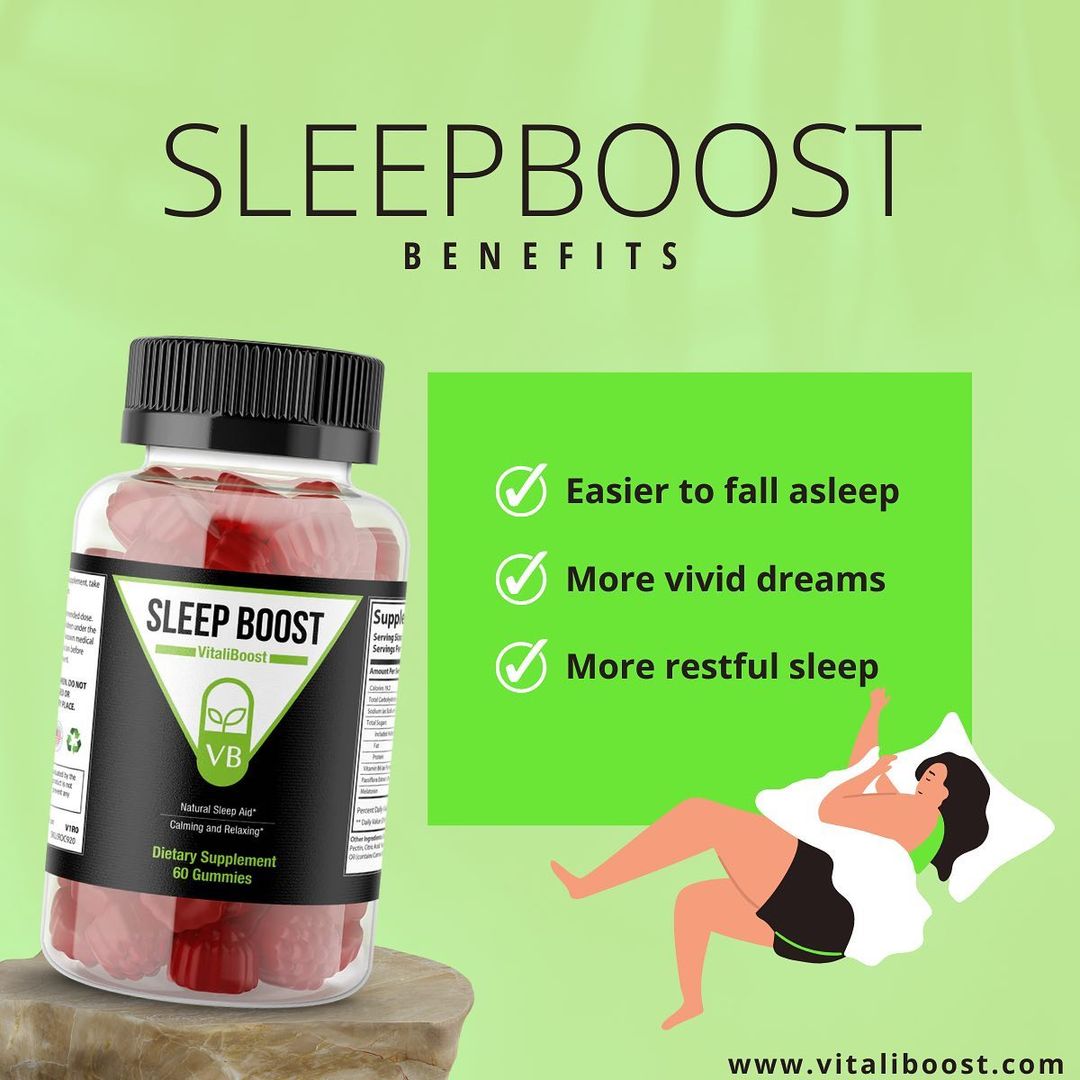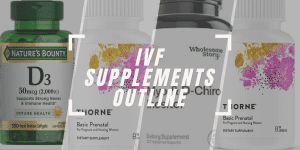
A prenatal diet rich in whole foods and balanced meals can help you meet your daily nutritional requirements, but a prenatal vitamin should also be part of your plan. These concentrated supplements are loaded with essential nutrients your baby needs during pregnancy. Here are tips to find the best prenatal vitamins for your pregnancy journey.
What are prenatal vitamins?
A prenatal vitamin is a supplement catered for pregnant people and is rich in essential vitamins linked to a healthy pregnancy. At a minimum, these include:
• Folic acid
• Iron
• Calcium
• Vitamin D
• Vitamin B
• Vitamin B12
Some prenatal vitamins may include antioxidants, such as vitamins C and A, which may appeal to you while shopping for a product.
Benefits of prenatal vitamins

To maximize the benefits of prenatal vitamins, you should take them approximately three months before conceiving. Iron helps your body make blood, which supplies vital oxygen to the growing fetus and reduces the risk of anemia, a common condition in women linked to low red blood cell levels.
A star nutrient in prenatal vitamins is folic acid. Consuming at least 600mg of folic acid is recommended to decrease the risk of neural tube defects (NTD) in your baby.
If you have an unplanned pregnancy (and haven’t been taking prenatal vitamins for the last three months)—start taking them immediately. You can ask your doctor for other tips to maximize your nutritional intake at the start of your pregnancy.
Good prenatal vitamins

There are several prenatal vitamin brands on the market. You should choose a product that offers the nutrients mentioned above, fits your budget, and is easy to take. Reliable prenatal vitamin brands include:
1. Centrum Prenatal vitamins: a balanced prenatal vitamin that is cost-effective and fits the nutritional requirements.
2. Ritual Prenatal multivitamin: a pricier option (approximately $52 per bottle) that includes omega-3 fatty acids considered a health-promoting form of fat.
3. SmartyPants Prenatal gummies: an affordable and easy-to-take gummy prenatal vitamin.
4. MegaFood Baby & Me Prenatal vitamin: a vegetarian supplement appropriate for people with dietary restrictions.
5. Basic Prenatal by Thorne: another balanced prenatal vitamin available in convenient large bottles (up to a three-month supply).
Prenatal vitamin side effects
Some people may experience side effects after taking prenatal vitamins. Common symptoms include:
• Gas
• Constipation
• Bloating
• Stomach cramps
If you’re pregnant, you may experience intense bouts of nausea while taking prenatal vitamins. Your doctor can help you manage these symptoms by recommending a different brand with a lighter dose.
Are prenatal vitamins necessary?

Prenatal vitamins are recommended for pregnant women or women trying to conceive. The research suggests that extra nutrients will decrease the risk of potential congenital disabilities (notably NTD) and help prevent deficiencies in pregnant women. Other nutrition considerations to keep in mind while pregnant include:
• Eat various vegetables and fruits, which are rich in fiber and antioxidants.
• Choose cooked lean proteins to help your baby grow.
• Include calcium-rich foods in your diet, such as yogurt, milk, oranges, broccoli, and white kidney beans.
• Avoid high-risk items that could be contaminated and make you sick, such as unpasteurized products, deli meats, soft cheeses, and raw fish or eggs.
If you have concerns or are hesitant to start a prenatal vitamin, you should consult your doctor to discuss its potential pros and cons.
Choose the best product for you
The best prenatal vitamin aligns with your pregnancy nutrition goals, fits within your budget, and is easy to take. Try a chewable gummy instead if you can’t tolerate pills or capsules. The most important thing is to be consistent with your intake so you and your baby get enough nutrients during pregnancy.
FAQs
When should I start taking prenatal vitamins when pregnant?
Ideally, you should start taking prenatal vitamins three months before conceiving. If you have an unplanned pregnancy, you should start taking prenatal vitamins as soon as possible.
Which prenatal vitamins are best for pregnancy?
There are several options, but here are five prenatal vitamins that might be right for your pregnancy journey:
1. Centrum Prenatal vitamins
2. Ritual Prenatal multivitamin
3. SmartyPants Prenatal gummies
4. MegaFood Baby & Me Prenatal vitamin
5. Basic Prenatal by Thorne
Does prenatal vitamins really help with pregnancy?
Research suggests that prenatal vitamins help you have a healthy pregnancy. They contain essential nutrients that decrease your baby’s risk of neural tube defects and can help you meet your prenatal nutritional requirements.







